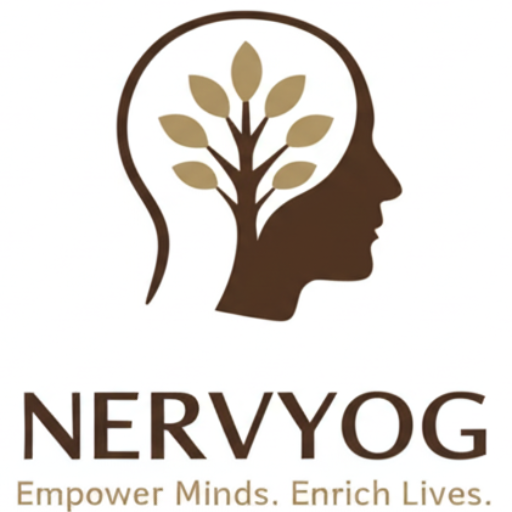Self-fulfillment is a concept that has been explored by philosophers, psychologists, and spiritual leaders throughout history. At its core, self-fulfillment is about finding a sense of purpose and meaning in life, and experiencing a deep sense of satisfaction and fulfillment as a result.
One important aspect of self-fulfillment is the idea of pursuing one’s passions and interests. When we engage in activities that we enjoy and that bring us a sense of fulfillment, we are more likely to experience positive emotions and a sense of accomplishment. This can include creative pursuits such as art, music, or writing, or hobbies such as sports, gardening, or cooking.
Another important aspect of self-fulfillment is the pursuit of personal growth and development. This can involve setting goals and working towards them, whether they are related to career advancement, personal relationships, or other areas of life. By continually learning and challenging ourselves, we can develop new skills and abilities, expand our knowledge, and become more resilient and adaptable.
Self-fulfillment can also involve developing a sense of spirituality or connection to something greater than oneself. This may involve following a particular religious or philosophical path, or simply cultivating a sense of awe and wonder about the world around us. By connecting with something greater than ourselves, we can find a sense of meaning and purpose that goes beyond our individual needs and desires.
Ultimately, self-fulfillment is about living a life that is authentic and true to oneself, and that brings a sense of satisfaction and fulfillment. It requires self-awareness, the ability to set and pursue meaningful goals, and a willingness to take risks and make changes in one’s life. By cultivating self-fulfillment, we can experience a greater sense of happiness, contentment, and purpose in life.


Add a Comment